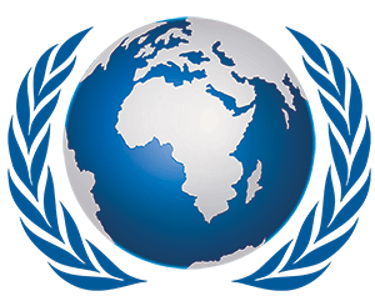An independent international organization established in 1998.
Diplomatic Security Services (DSS) is an independent international organization established in 1998.
Diplomatic Security Bureau (DSB)
The highest operational sector within the DSS, with extensive authorities in protection, intelligence operations, security assessments, and crisis management.
Mission:
The DSB is the key entity responsible for implementing all protective measures, counterintelligence operations, threat analysis, and tactical interventions in crisis situations to ensure the safety of diplomatic missions and representatives globally. The sector functions as an overarching institution that guarantees the seamless operation and physical security of all diplomats and state officials in the most challenging operational conditions.
Key Responsibilities:
Physical and operational protection of high-ranking diplomats, political leaders, and other state representatives in dynamic and often high-risk environments.
Developing and executing counterintelligence operations, with a focus on analyzing and predicting potential security risks in the international diplomatic environment.
Planning and implementing crisis responses in cases of terrorist threats, cyberattacks, asymmetric threats, and organized crime to protect national and international interests.
Ensuring the uninterrupted transportation and providing logistical support and operational coordination for diplomatic missions in high-risk and unstable regions.
Active cooperation with international intelligence and law enforcement agencies, as well as other partner organizations, in combating transnational threats, contributing to global stability.
United Nations Diplomacy Sector (UNDS) – Special Operations Sector (SOS)
A specialized diplomatic-security unit providing support and protection to leaders and representatives of unrecognized nations, states without international recognition, and marginalized and unrecognized communities.
Mission:
UNDS-SOS is dedicated to providing comprehensive protection and operational support to representatives and leaders of nations that are not recognized on the international stage. This sector operates within the framework of international law, human rights, and fundamental diplomatic principles, focusing on supporting unrecognized entities. It is important to note that although contacts with the United Nations are sometimes maintained, the UNDS-SOS sector does not rely on them to achieve its goals. Our activities are based on independent operations and direct contacts with organizations that support our objectives, without relying on logistical or institutional support from the United Nations.
Key Responsibilities:
Ensuring physical and operational protection for representatives in international missions and at high-level diplomatic summits in complex and high-risk situations.
Providing diplomatic and legal support in negotiation processes to ensure the legal framework for the international representation of unrecognized nations and states.
Actively supporting institutional initiatives advocating for the recognition and protection of the rights of unrecognized nations, contributing to the enhancement of the global diplomatic architecture.
In-depth risk analysis and mitigation strategies to address potential threats to stability and security in international missions and summits.
Collaboration with humanitarian organizations to address ongoing conflicts and improve peace efforts, which involves not only political but also economic and social aspects, essential for achieving long-term stability.
*¹UNDS-SOS is not affiliated with the United Nations (UN) nor does it possess any mandate, authorization, or institutional affiliation with any of its bodies, programs, or specialized agencies. Our activities are entirely sovereign, and the use of the name 'United Nations Diplomacy' serves solely a nomenclatural function and does not imply any functional or strategic connection with the United Nations.¹
